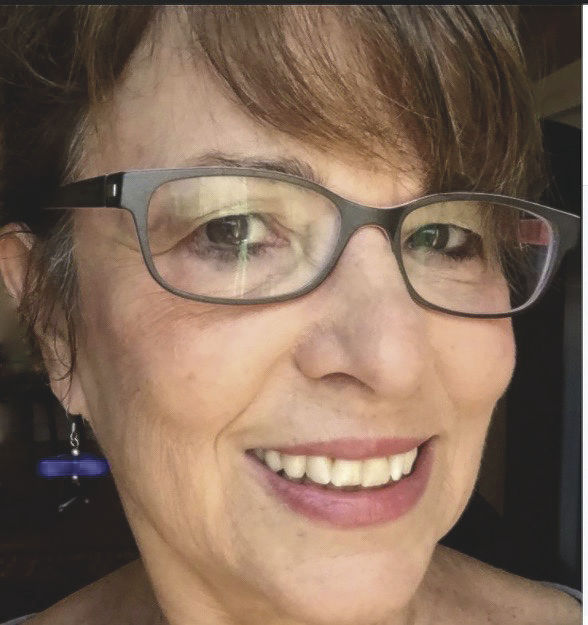BY DEBBIE NATHAN
I’m a journalist in the modern-day, the here and now, but lately it feels like I’m working in the 17th-Century. Specifically, in Salem during the witch trials. Except that now, instead of witches, we’ve got immigrants.
When I first started reporting in the 1980s, lawmakers tried to pass immigration reform laws that would have given amnesty and a path to citizenship to millions of undocumented people. I interviewed those who would have qualified, and those who didn’t. Their names were often published. Journalists back then were not comfortable with citing anonymous sources. That was generally forbidden and risked making a story less credible. Journalism is, as much as possible, about naming names. We take that to heart.
Then came President Donald Trump.
Here in the Rio Grande Valley, my “beat” is border militarization, and not just by the feds. Constantly I hear from people who say they were stopped by police and DPS troopers for tinted windows or a broken taillight, then asked for a driver’s license. Lacking proper ID, they are turned over to the U.S. Border Patrol and put into deportation proceedings, and sometimes deported.
Since Trump took office, I’ve talked to pregnant women who say they are afraid to go to obstetrician appointments because Border Patrol cars park outside their neighborhoods.
I’ve interviewed children who are U.S. citizens who are so worried about their undocumented parents that they say they can’t concentrate — and their grades have plummeted.
I’ve spoken with a hardworking young adult brought here illegally as a little child, who a few years ago was approved for the Deferred Action for Childhood Arrivals (DACA) program. But DACA is now set to expire on Monday. This Dreamer’s parents were recently deported after a traffic stop, leaving young, U.S.-born children behind. The industrious older sibling is now raising the younger ones and must pay the bills and buy groceries. What will happen if DACA ends, and with it the right of this young breadwinner to have a job? What will happen to the children?
This past year, I’ve noticed immigrants are increasingly afraid to talk to journalists like me. They fear retaliation by U.S. Immigration and Customs Enforcement, and Border Patrol agents. I try to allay their fears. I obsess over my writing, twisting it into pretzels.
Let’s say the aforementioned Dreamer is a young woman, with a little sister and two little brothers. Her mother was deported from Pharr in August. She’d been here 20 years when she was stopped for a taillight infraction. The Dreamer works in a panadería. Before her mother’s arrest, she planned to attend UTRGV.
Reader: You deserve to read this story in an unparanoid, empathetic way. You deserve words that make you visualize a 19-year-old with earrings, baking pan dulce and trying to raise an 8-year-old boy and two 6-year-old girls who desperately miss their mom. In your mind’s eye, you should see their faces and know their names.
Instead, in your head you will see only generic “siblings” called generic “they.” And forget about the sweet, yeasty smells of the bakery; I will not tell you where or how the oldest “they” works. The deported mother? For you she will be a “parent.” Genderless. Nameless.
But I won’t tell you these details, for their protection and so that I may continue to tell their stories.
Doing this makes me squirm. First, because such details are the stuff of story telling: It makes you laugh, cry and keep reading. Second, because journalism bends toward providing information that anyone can check. Anonymity risks eroding public trust.
Third, and perhaps most painful: People live by their names.
As I cloak my immigrant sources in anonymity, I think of John Proctor, the hero of Arthur Miller’s play “The Crucible.” Procter, falsely accused in 1690s Salem of witchcraft, is told by a prosecutor that he will hang unless he signs a written confession.
Proctor simply cannot bring himself to do so. He can’t sign, he wails, “Because it is my name! Because I cannot have another in my life! … How may I live without my name? I have given you my soul; leave me my name!”
Today’s immigrants have given us their souls, and now they must give up their names.
When will we be able to give them back?





